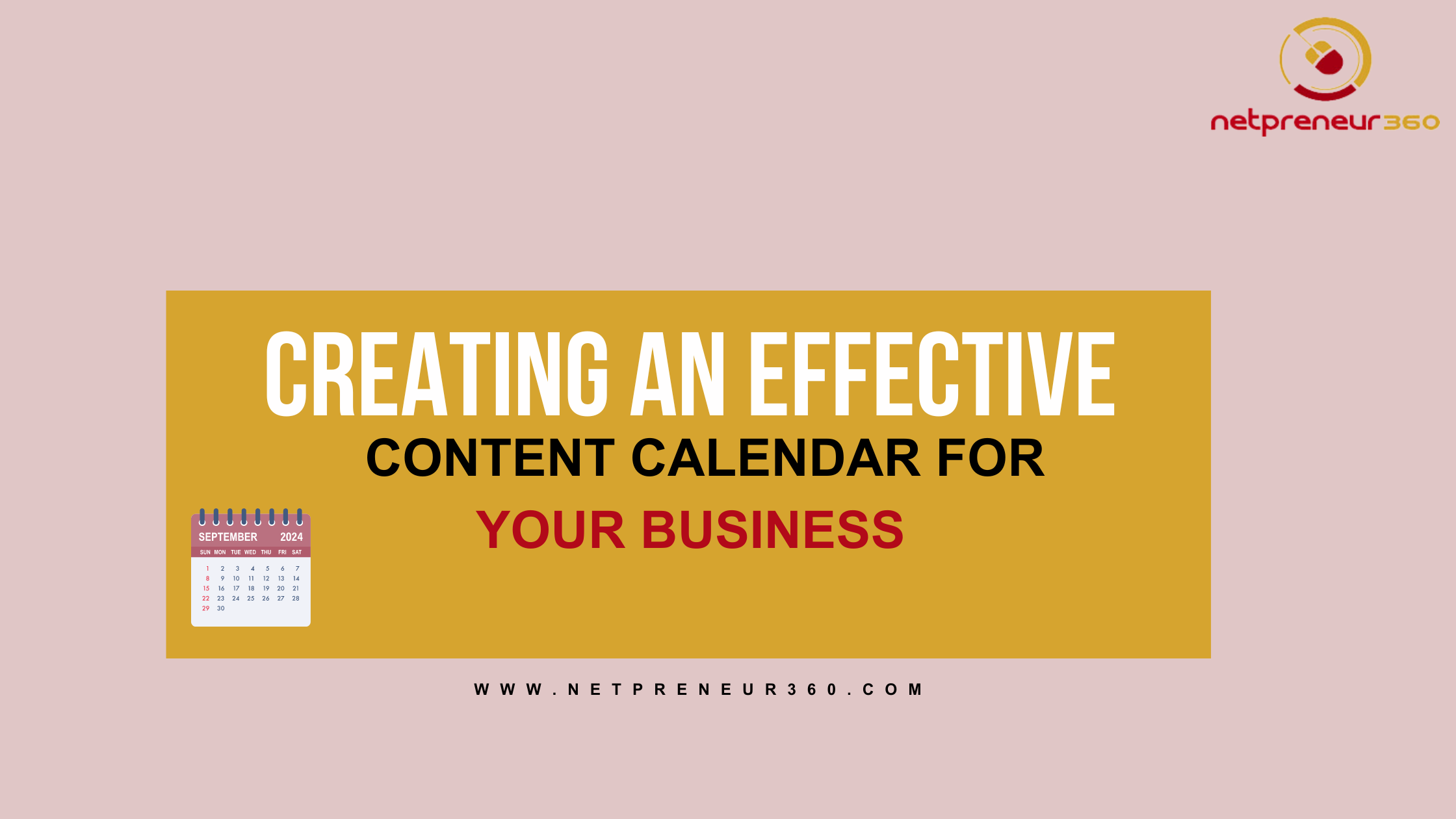Introduction
In the fast-paced world of digital marketing, a content calendar is more than just a scheduling tool—it’s a strategic asset that can elevate your content game to new heights. This comprehensive guide will explore how to create a content calendar that aligns with your business goals and drives engagement.
The Essence of a Content Calendar A content calendar helps you plan, organize, and schedule your content in advance. By outlining your topics, publishing dates, and promotional activities, you ensure that your content is consistently fresh, relevant, and engaging.
Steps to Create an Effective Content Calendar
- Define Your Goals: Determine what you want to achieve with your content. Whether it’s increasing brand awareness, driving traffic, or boosting sales, your goals will guide your content strategy.
- Understand Your Audience: Research your target audience’s preferences, pain points, and interests. Tailoring your content to their needs ensures higher engagement and conversion rates.
- Choose Your Platforms: Decide where you’ll publish your content—blog, social media, email newsletters, etc. Different platforms have different requirements and best practices.
- Plan Your Content: Break down your content into categories such as blog posts, infographics, videos, and social media updates. Assign topics to each category based on your audience’s interests and your business goals.
- Create a Publishing Schedule: Decide how frequently you want to publish content. Consistency is key to maintaining audience engagement.
- Incorporate Key Dates: Include important dates like product launches, holidays, and industry events in your calendar to leverage timely opportunities.
Tips for Maintaining Your Content Calendar
- Regular Reviews: Periodically review and adjust your content calendar based on performance metrics and changing business goals.
- Stay Flexible: Be prepared to adapt your schedule for breaking news or emerging trends.
- Collaborate: Involve your team in the content planning process to ensure a diverse range of ideas and perspectives.
Conclusion A well-structured content calendar is crucial for maintaining consistency and achieving your marketing goals. By following these steps, you can create a calendar that not only organizes your content but also enhances your overall strategy.

















